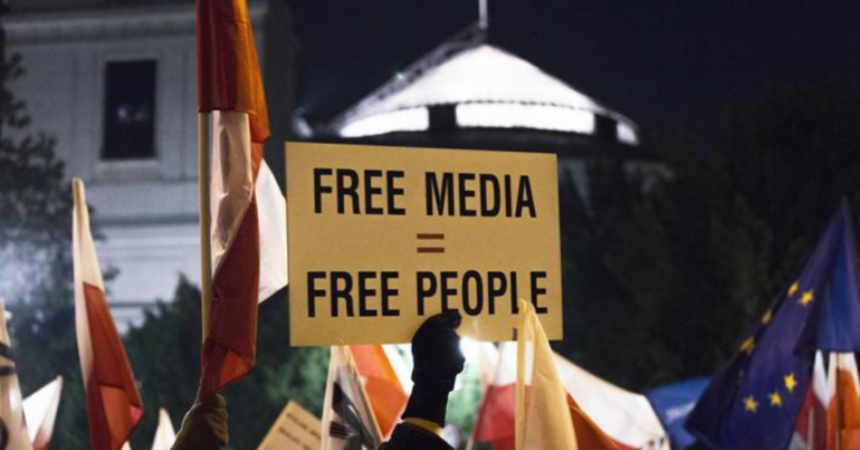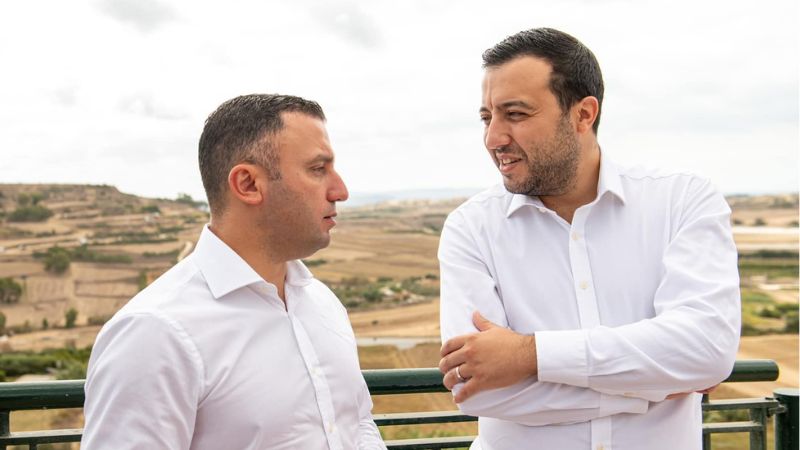In a parliamentary speech on Wednesday morning, Opposition MP Claudette Buttigieg called on the government to “take action” on a long-promised reform to better protect newsrooms and journalists, calling it “essential” to strengthen democratic values.
In her speech, Buttigieg noted the 40 legal challenges to freedom of information requests faced by The Shift, considered a form of SLAPP, or strategic litigation against public participation. She highlighted how The Shift’s Silencing Freedom: Weaponising the Law conference saw the issues discussed among a panel of international experts.
Quoting the conclusions of a recently published report by a government-appointed media committee, Buttigieg claimed, “We are very far from what is expected,” noting the protracted saga which led to the publication of the report following the retraction of the government’s “insulting” reform proposals.
Discussing Malta’s deficient anti-SLAPP legislation, Buttigieg noted how The Shift’s conference last month highlighted the use of the law as a tool to silence journalists.
International panellists at the conference, who included press freedom advocates, journalists, lawyers and campaigners, discussed the weaponisation of legislation against journalists, its consequences and the state of journalism and media freedom in Europe.
Exemplifying the issue, Buttigieg noted The Shift’s 40 near-identical SLAPP cases. The challenges to freedom of information requests made Malta the most ‘SLAPPed’ country in Europe per capita.
Concluding her speech, she said journalist Daphne Caruana Galizia’s assassination showed the need for “immediate action” in the reform for journalists’ protection.
“A lack of action shows not only a lack of political will to defend journalists but an aversion to it, inviting the issue to happen once more,” she said.
Since Caruana Galizia’s assassination and the publication of an inquiry which concluded the state was at fault for the creation of a culture of impunity that led to her murder, the government has failed to implement most of the inquiry’s recommendations.












